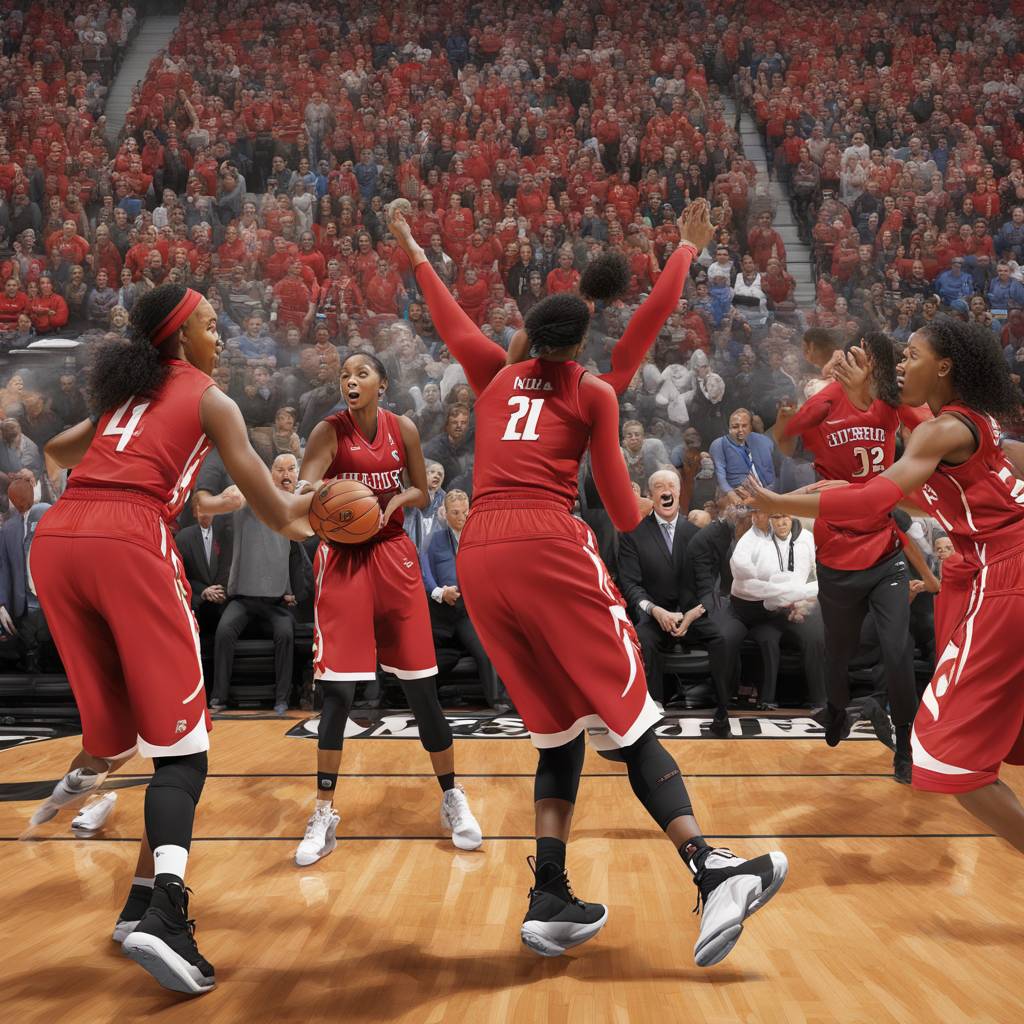Members of the Utah women’s basketball team were subjected to racial slurs from a group of individuals in a truck with a Confederate flag as they were walking to a restaurant in Coeur d’Alene, Idaho, before their NCAA Tournament game. The perpetrators used racist language, including the N-word, and drove up near the team members, creating a threatening atmosphere. The same group of individuals returned after the team left the restaurant, revving their engines and verbally harassing the team again. Coeur d’Alene police chief Lee White stated that investigators need to interview about 100 people who were in the area during the incident, and possible charges including malicious harassment and disorderly conduct are being considered. The FBI has also been involved in the investigation, and no suspects have been identified at this time.
Idaho Governor Brad Little condemned the racist behavior, stating that there is no place for such actions in the state. He emphasized the need to stand against bullies who seek to harass and silence others. Utah women’s basketball coach Lynne Roberts described the incidents as “racial hate crimes” and expressed her shock and dismay over the racism displayed towards her team. Roberts highlighted the diverse nature of college campuses and athletic settings, stating that such incidents are rare and particularly upsetting for her players and staff. The lack of a safe environment during the NCAA Tournament was deeply troubling for the team, causing distress and uncertainty about how to handle the situation.
The Utes, along with South Dakota State and UC Irvine, were staying in Idaho due to a shortage of hotel space in the Spokane area where the tournament was being held. Roberts commended Gonzaga University and the NCAA for assisting the team in relocating to a safer hotel after the distressing incidents occurred, demonstrating a commitment to ensuring the well-being of all participants. The team’s elimination from the tournament came after these incidents, adding to the emotional toll of experiencing racism, hate, and bigotry. Roberts emphasized the real and pervasive nature of racism, stating that it can happen to anyone regardless of race, color, or background, and the significance of feeling safe and supported in such environments.
The incident highlighted the pervasive nature of racism and discrimination, even in seemingly inclusive and diverse settings like college campuses and sports environments. The lack of tolerance for such behavior was underscored by the condemnation from local officials and the involvement of law enforcement and federal agencies in investigating the incident. The community response was one of solidarity and support for the affected team members, with efforts being made to ensure their safety and well-being during the tournament. The actions of the perpetrators were deemed unacceptable and a violation of the values of respect, inclusivity, and equality that should be upheld in all aspects of society. Moving forward, there is a commitment to addressing and confronting issues of racism and hate in order to create a more equitable and welcoming environment for all individuals.


